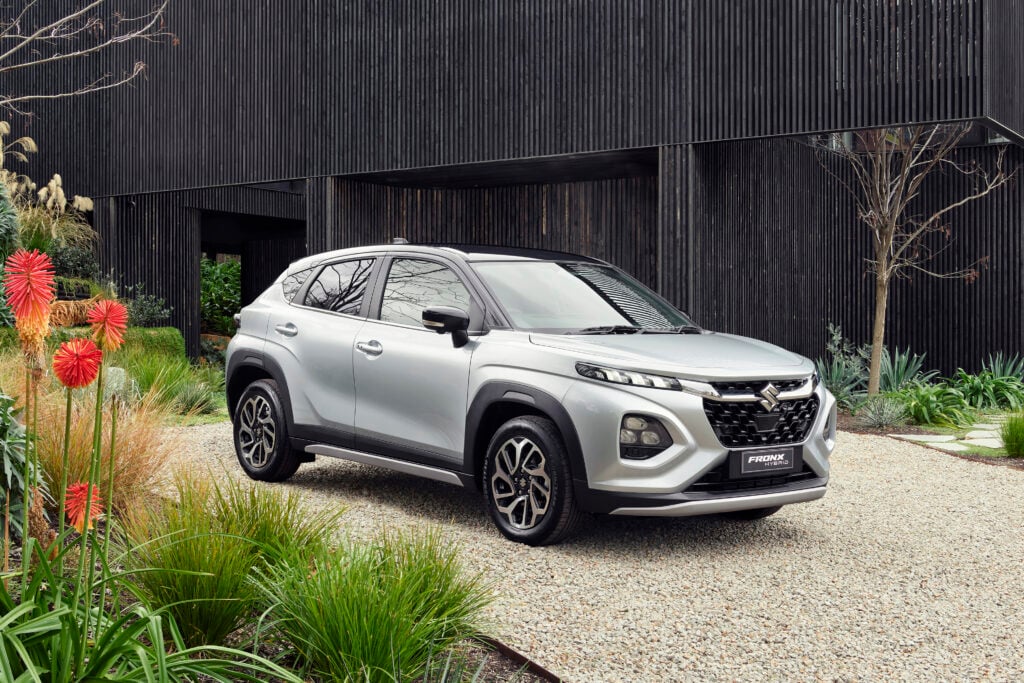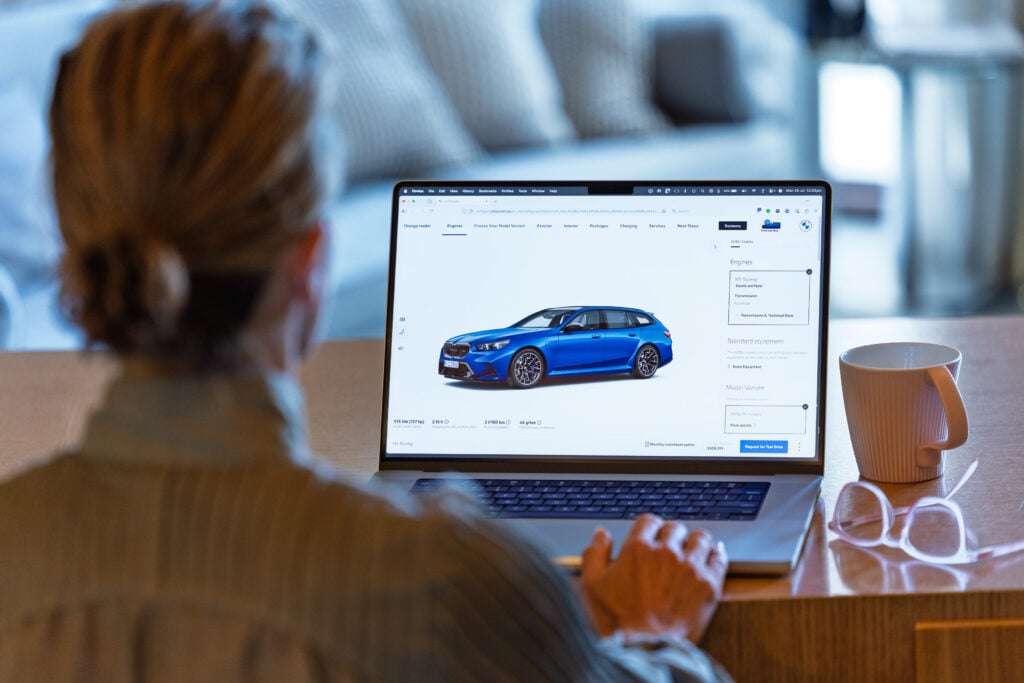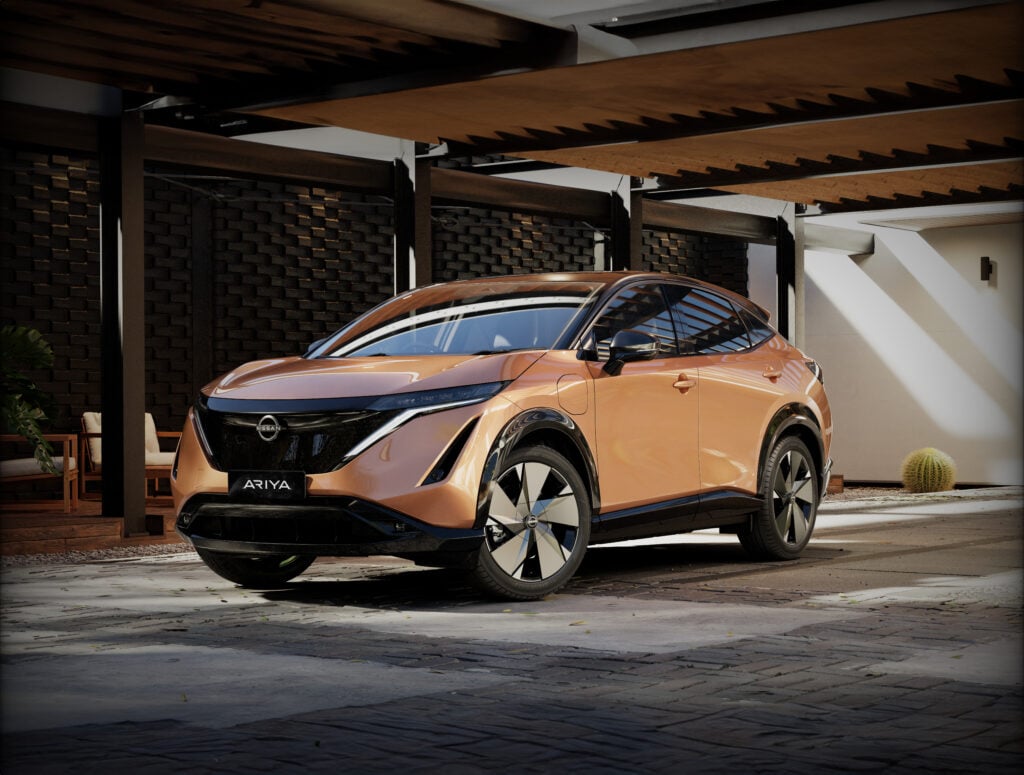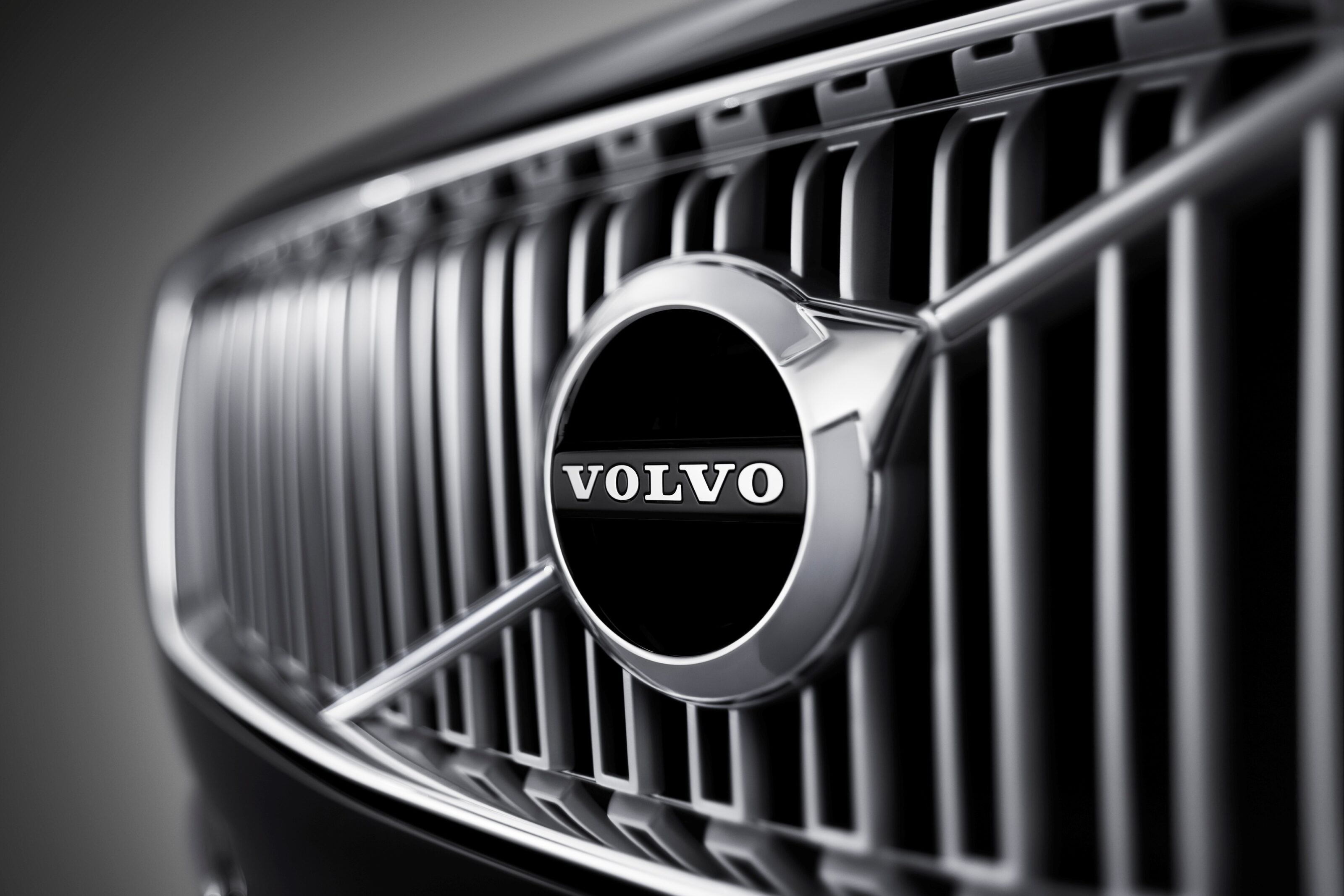
Snapshot
- Volvo to take full ownership of Chinese operations
- Swedish company will buy out Geely’s stake
- China is currently Volvo’s largest market
Volvo Cars has bought itself out of its joint venture with parent company Geely Holding, purchasing the Chinese company’s stake to take full ownership of its production facilities in the country.
Through the deal, Volvo has acquired an additional 50 per cent of the shares in Daqing Volvo Car Manufacturing Co. Ltd and Shanghai Volvo Car Research and Development Co. Ltd, allowing it to assume full control over its operations in China – the manufacturer’s biggest market.
While no financial details of the deal have been revealed, it’s understood the plants in Chengdu and Daqing, as well as its research and development facility in Shanghai, will now be solely owned by Volvo.
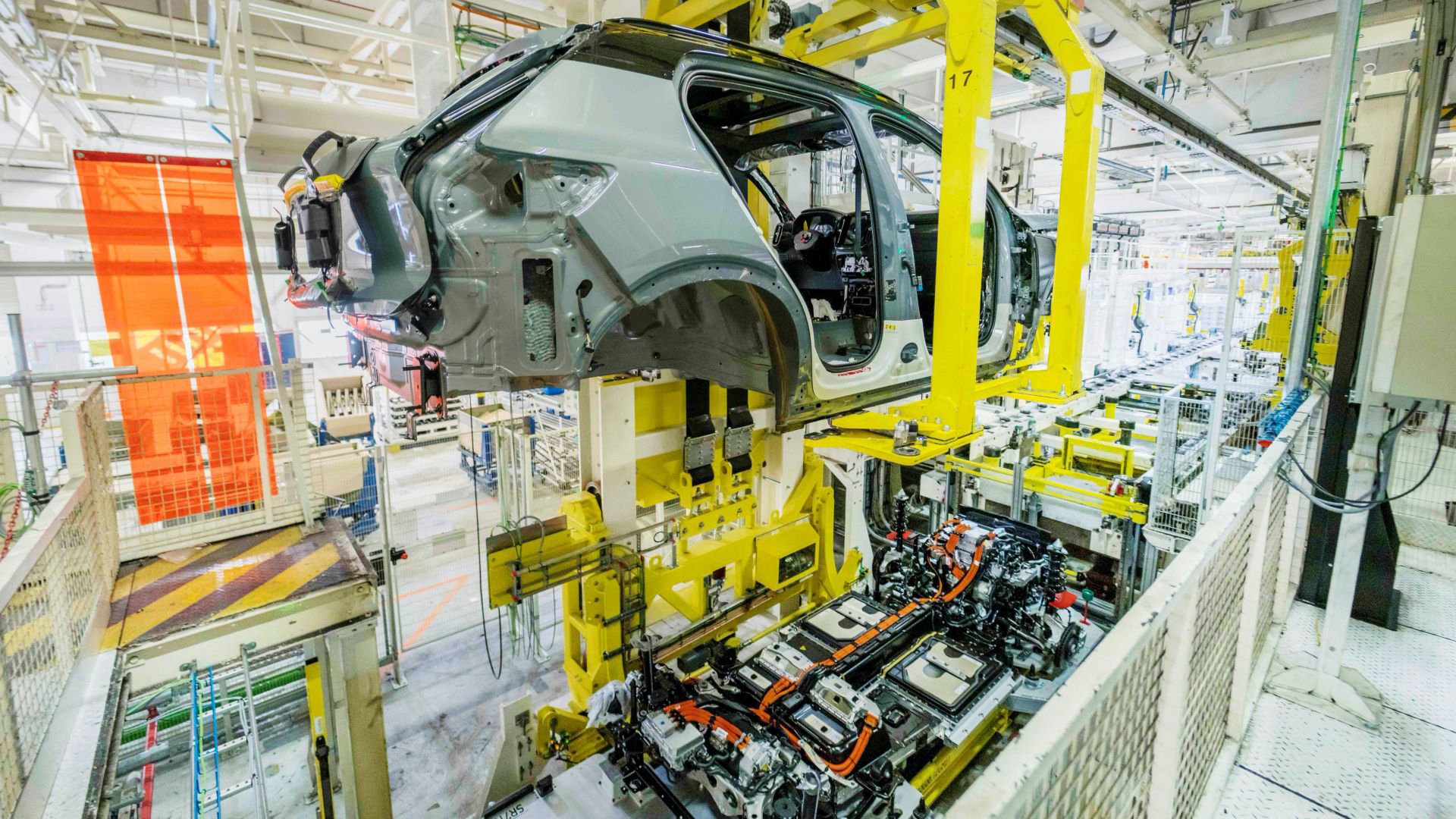
CEO of Volvo Cars, Håkan Samuelsson, said: “With this agreement, Volvo Cars will become the first major non-Chinese automaker with full control over its Chinese operations.”
Geely Holding CEO, Daniel Donghui Li, believes the deal will work best for both parties in determining a more transparent ownership structure.
“Geely Holding Group and Volvo Cars are continuously evaluating the best way to collaborate and structure operations within the wider Group,” he said.
“These two transactions will create a clearer ownership structure within both Volvo Cars and Geely Holding.”
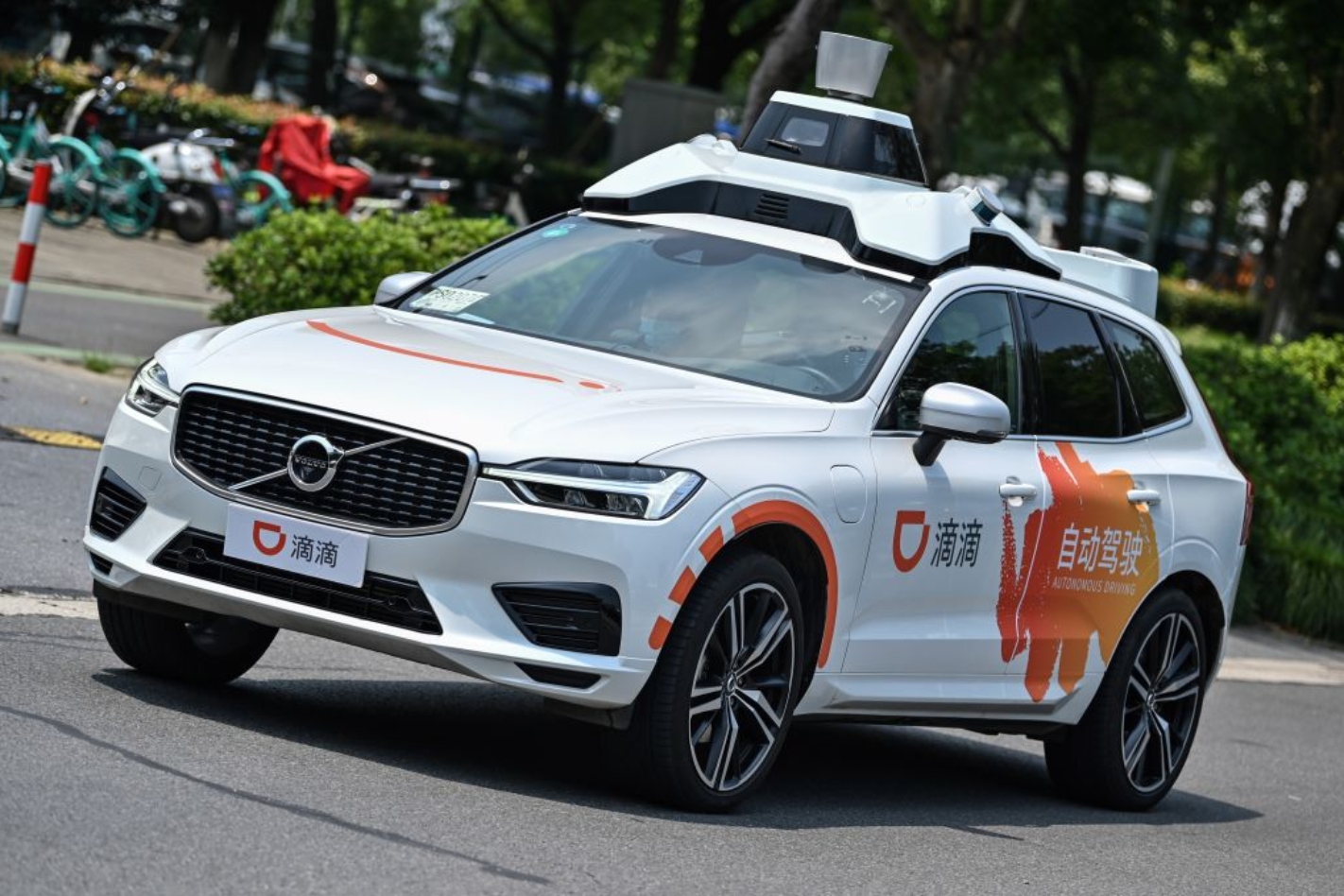
The deal comes off the back of the Chinese Government lifting its requirement for foreign automotive manufacturers to engage in a joint venture partnership to manufacture vehicles in China, set to lift in 2022 before the Volvo and Geely agreement comes into effect in 2023.
Volvo Cars was sold to Geely from Ford in 2010, with Chinese production starting in 2013 and expanding in 2014 to allow the joint venture to grow locally. Sales in the country now account for 25 per cent of Volvo’s worldwide deliveries.
The Swedish brand has entered a wide range of joint ventures in recent months relating to the production of its future vehicles, from the formation of an in-house battery development company, and a commitment to developing fossil-free steel, to its plans to use LiDAR tech in autonomous vehicles.
We recommend
-
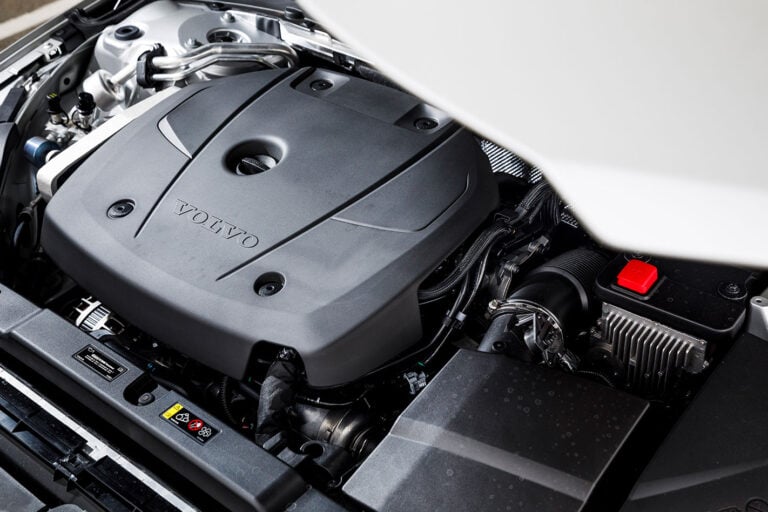 News
NewsVolvo and Geely form joint venture to keep engine production going
Swedish manufacturer finds a unique way to avoid ICE production
-
 News
NewsVolvo enters joint venture to develop and produce batteries
New joint venture aimed at bringing everything in-house for Swedish battery tech
-
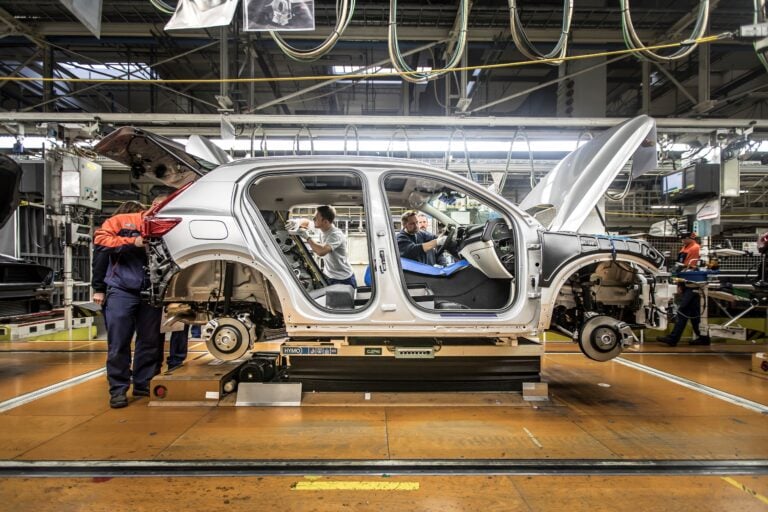 News
NewsVolvo invests in joint venture to develop fossil-free steel
Swedish joint venture aims to bring fossil-free steel to the car industry


